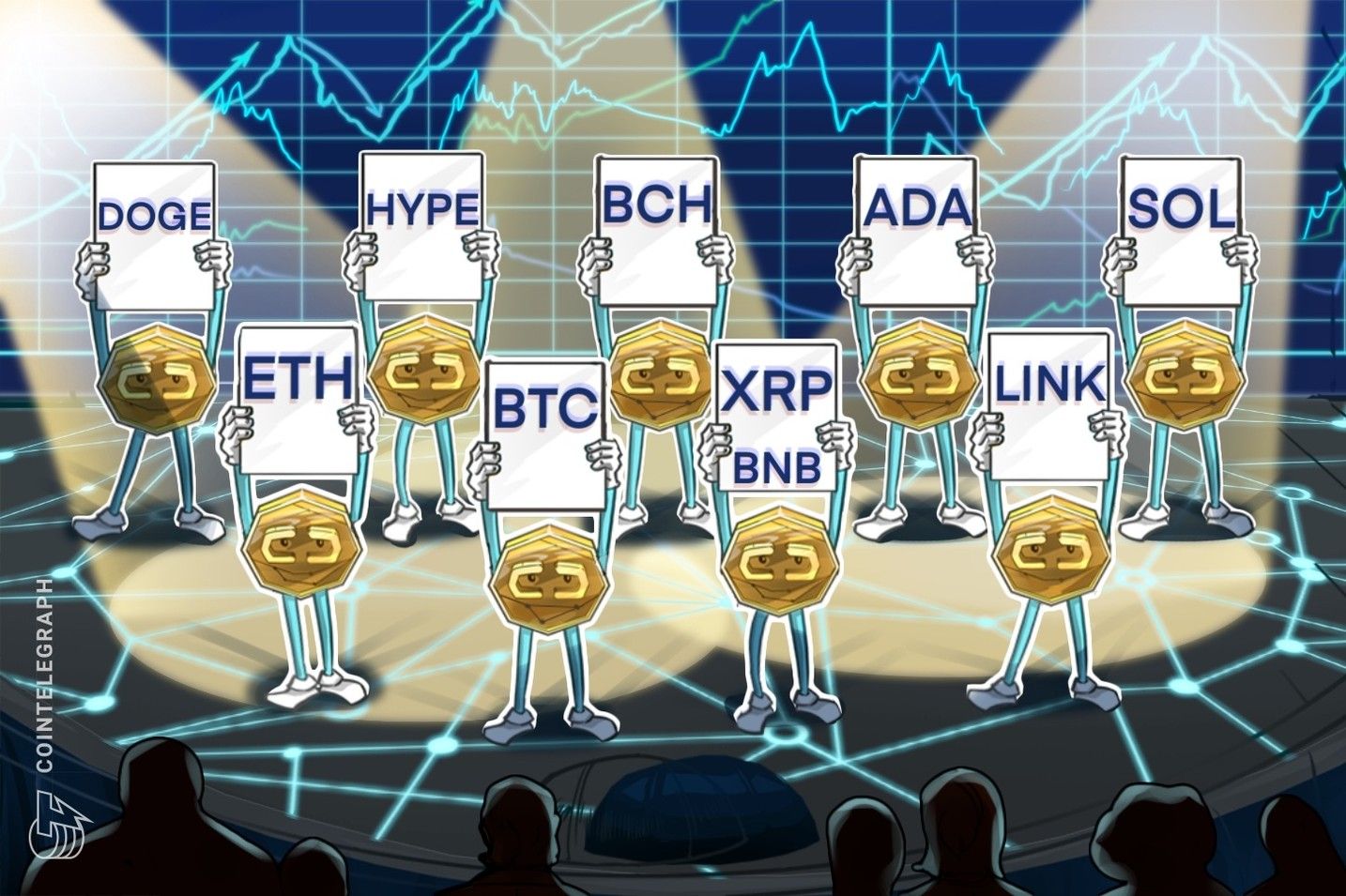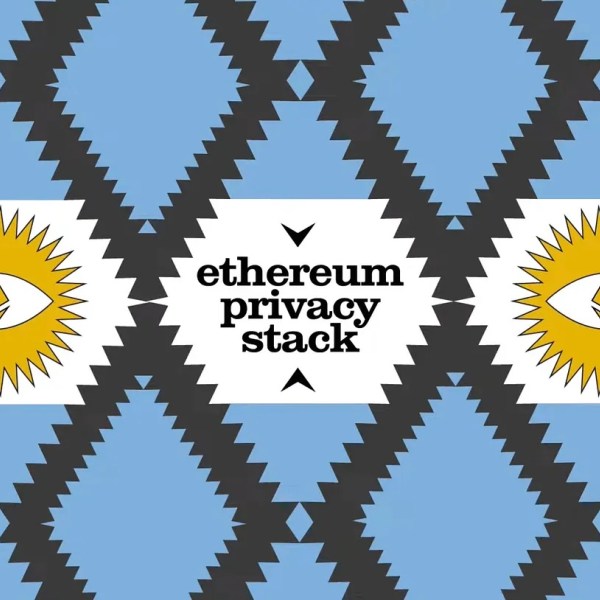$120 million evaporated: Justin Sun, $XPL manipulation incident and Hyperliquid trust crisis
Event Background
Justin Sun — a Chinese crypto entrepreneur, rose to fame for founding TRON. He has long been surrounded by controversies such as “Ponzi schemes and pump-and-dump” in the industry, but at the same time, he often leverages capital and influence to enter new projects.
Recently, his name has once again been linked to the Hyperliquid platform and the $XPL token manipulation incident.
$XPL Manipulation Process
It was not Justin Sun’s direct wallet, but on-chain evidence shows a high correlation with him.
He first pushed up $XPL by 200% with large funds, creating a surge.
This move instantly liquidated all short positions, causing traders to suffer heavy losses.
In this artificially induced volatility, he profited about $16 million, while market participants collectively lost over $120 million.
Past Precedent: $WLFI
In fact, this is not an isolated incident. Previously, Justin Sun had played out the same scenario with $WLFI:
First, a large investment (pushing holdings from $30 million to $75 million)
Pushing up the price by controlling liquidity, then quickly pulling back
Ultimately causing a large number of following investors to be liquidated
Whether it’s $XPL or $WLFI, this “whale manipulation + thin liquidity” model almost guarantees the outcome:
Retail investors lose, whales profit.
Why Does This Happen?
Hyperliquid’s liquidity is extremely thin, with insufficient depth to withstand large orders
A single player’s massive trading volume directly dominates price trends
After IDO, the market generally has hedged short positions, becoming liquidation targets
Market makers react slowly, failing to buffer extreme volatility in time
In such an environment, manipulation is almost unstoppable.
Impact on Hyperliquid
Hyperliquid has always touted itself as a “fair pre-market platform,” but this incident has severely damaged its reputation:
Traders are demanding compensation from the platform, but the official response remains unclear
The entire Web3 community is questioning its risk control mechanisms and governance capabilities
Even though Hyperliquid was not directly involved, it is seen as both a victim and an accomplice due to its lack of preventive measures
Industry Lessons
This incident once again demonstrates:
Web3 still cannot avoid the manipulation tricks of traditional financial markets
Big players can still destroy the market with a single move, profiting at the expense of others
The only defense remains:
Diversified investment
Risk management
Disciplined stop-loss
The market is ruthless: the weak are eliminated, the strong survive.
Conclusion
Justin Sun has once again proven his consistent style — profiting at the expense of others’ losses.
This $XPL incident not only evaporated over $120 million in funds, but also severely damaged Hyperliquid’s reputation. Whether the platform can regain trust in the future remains unknown.
For investors, the real lesson is:
In the crypto market, do not overly rely on a platform’s “fairness,” because risks often hide where you least expect them.
Only calm, diversified, and strict risk control can prevent you from becoming the next victim in a manipulation incident.
Disclaimer: The content of this article solely reflects the author's opinion and does not represent the platform in any capacity. This article is not intended to serve as a reference for making investment decisions.
You may also like
Price predictions 11/28: BTC, ETH, XRP, BNB, SOL, DOGE, ADA, HYPE, BCH, LINK

Ethereum Privacy’s HTTPS Moment: From Defensive Tool to Default Infrastructure
A summary of the "Holistic Reconstruction of Privacy Paradigms" based on dozens of speeches and discussions from the "Ethereum Privacy Stack" event at Devconnect ARG 2025.

Donating 256 ETH, Vitalik Bets on Private Communication: Why Session and SimpleX?
What differentiates these privacy-focused chat tools, and what technological direction is Vitalik betting on this time?

